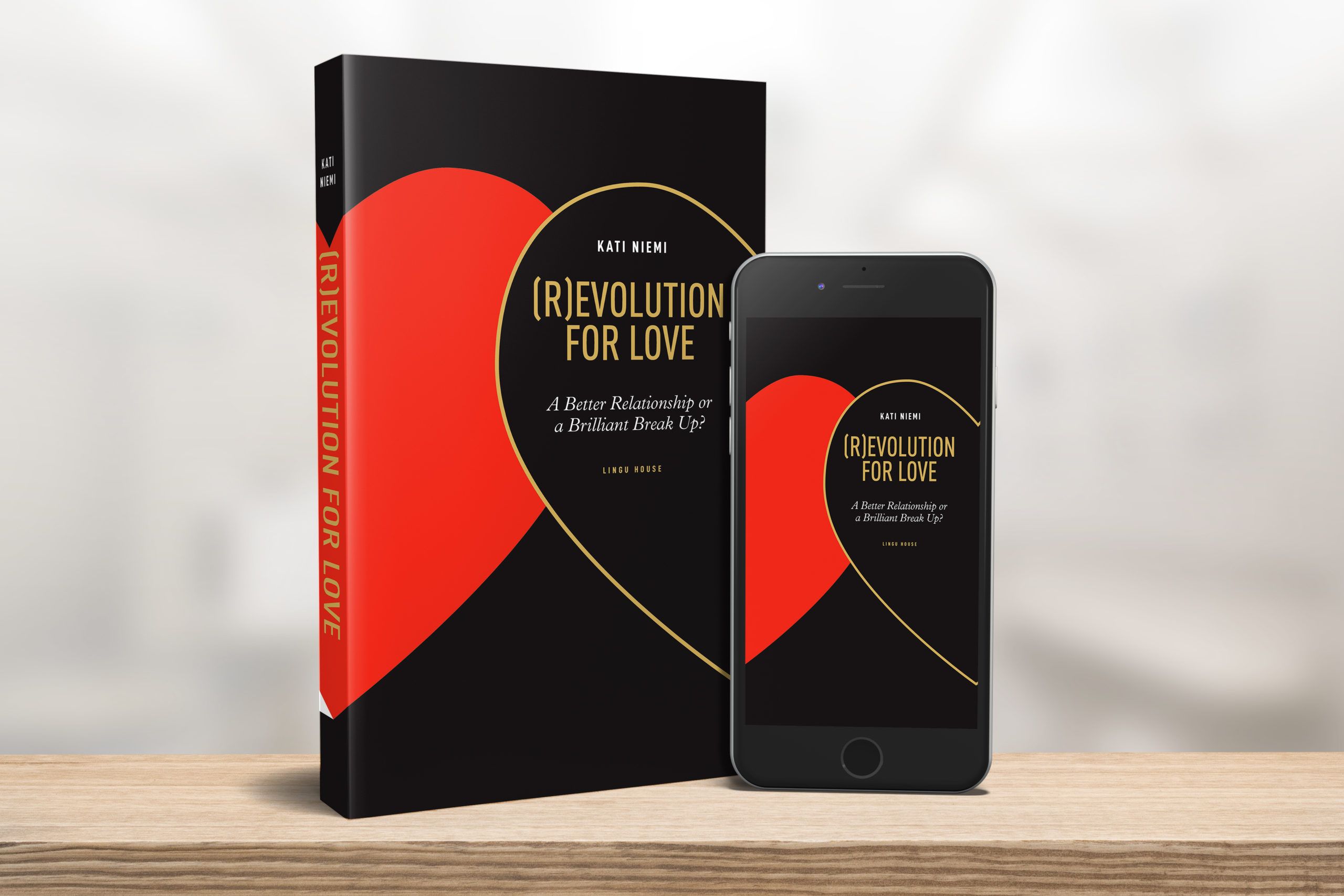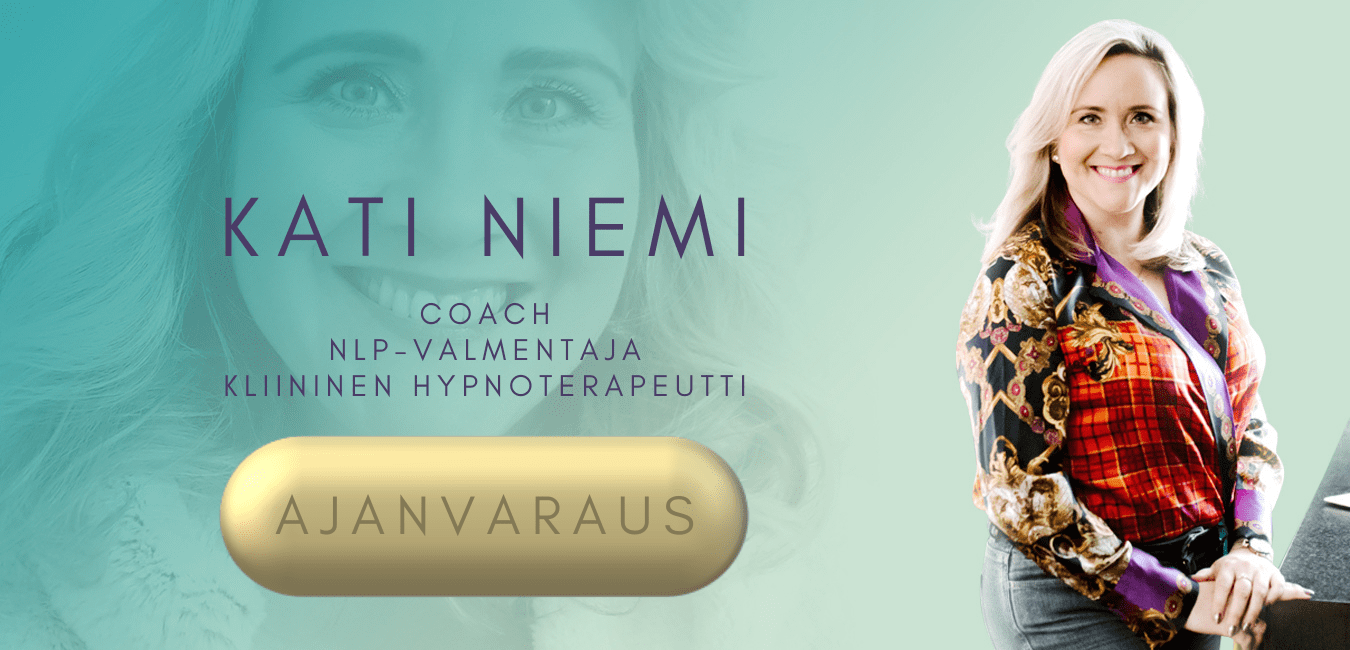Even the best of relationships go through crises. Possibly the most unnecessary relationship problems are caused by stress and lack of sleep caused by outside factors. Things that are just a normal part of life – work or children – can increase your stress levels to more than you can bear. But why does stress and lack of sleep affect your relationship so much? Or is it your poor relationship causing the stress and arguing with your annoying partner makes you lose sleep?
How can you break that painful cycle before you and your partner are both driven to madness?
As a clinical hypnotherapist and accredited NLP Trainer, I have studied the causes and impact of stress and lack of sleep, as well as the range of effective treatments available. In this post, I’ll be discussing this theme through the following questions:
- Even if stress and sleeplessness correlate with relationship problems, they do not necessarily explain their root cause?
- What is normal stress and sleeplessness from the perspective biopsychology?
- Why and how does the hyperalertness cause stress and sleeplessness?
- How does your own thinking affect your experience of stress, sleeplessness and psychosomatic symptoms and your relationship?
- How do unhappy relationships and relationship problems affect you physically?
- What are the best stress management methods to stop your relationship from braking down because of work-related stress?
- What are the most effective tools to improve sleep?
Stress and lack of sleep tend to co-exist with relationship problems. But what is the root cause of your problems?
Stress and lack of sleep are interrelated and there is a correlation between them and relationship problems. Even the brain fog caused by exhaustion, it is good to bear in mind that correlation is not the same as causality.
We are often keen to explain our problems away through logical linear cause-and-effect scenarios. Yet it is a bad idea to start arguing your irritating partner fuelled by exhaustion and anger: Is your relationship stress caused by their failure to do any housework or whether the lack of sleep is caused by the lack of sex?

Online Coaching
Happy to help you! Welcome to book your online coaching session with the certified Coach, NLP Trainer, and Clinical Hypnotherapist Kati Niemi! Please select your
Stress and lack of sleep can cause relationship problems. And relationship problems are meant to be resolved together.
It is uncanny how the two scenarios tend to co-exist. But I repeat: correlation is not the same as causality. That two things exist at the same time does not mean that either causes the other.
But why do these two problems coincide so often?
Stress and lack of sleep go hand in hand psychologically and biologically
Stressful events stay in your mind at night, making it difficult to fall sleep. You know you should go to sleep but you just keep tossing around restlessly in your bed. You start paying attention to the passage of time – and get more and more irate! Irritated, other things that are probably not positive pop into your mind. The negative thoughts feed your anxiety, which puts your body into overdrive.

How to improve your wellbeing through self-development?
Science has revealed: some adults are not mentally sufficiently developed. How to improve your wellbeing through self-development?
With your body in overdrive, your thoughts start going round and round even faster. So now it’s not just the events of the day but also your frustration that makes it impossible to sleep. And there you have it. The vicious circle of stress and lack of sleep is complete.
You can then further exacerbate the difficulty to sleep by starting to call it a sleep problem or even of complete lack of sleep – insomnia. No wonder your mind can’t keep still.
Autonomic nervous system in full alert: Scream inside for help and your body will run for rescue
A momentary inability to calm down can turn into difficulty sleeping. As a result, your autonomic, sympathetic nervous system will react with the fight-flight-freeze response. As such, this is a normal reaction. When the area in our brain called amygdala issues its commands to the different organs in your body together with a neuro transmitter boost laced with a cocktail of hormones, the body simply can’t go to sleep while this biological mayhem is on. Our biology tells us: run! Now!
If you mull over your stress late into the night, robbing you of your sleep, the next day is not going to be any better. Before you know it, the vicious circle is complete. That’s why it’s so important to see the signs of impending doom early, so you can nib the problem in its bud.

FREE EBOOK ‘I love you but…’ – To Break Up or Not to Break Up?
Refocus your energy now to improve your love life! This FREE ebook ‘I love you but…’ will help you move towards a better relationship or
During the early signs, out brain is still capable of snapping out the rut and make a correction manoeuvre. However, if you let the chemical storm in the brain to fully establish itself, our brain is left with no choice. It can do nothing but try and manage the situation the only way it knows.
When in full survival mode, our brain has to navigate on autopilot to save all the energy it can. The downside of this is that it tends to send us to an even deeper despair. The full psycho-physical state of emergency can manifest itself as hyperalertness, which you should address ASAP.
Hyperalertness and lack of sleep cause relationship problems
We all occasionally “get up on the wrong side of the bed”. It is difficult to see ourselves from the outside at that moment. A loving partner might notice that you are having a difficult morning and perhaps gently tease us out of our bad mood.
However, in some relationships one of the partners may be grumpy every single morning and unable to see and change their behaviour. How long do we have the patience to kiss the bad mood away. Some people seem to love drama. It may be their way of seeking attention, even if for a moment. For some, constant chaos and drama is, in fact, their comfort zone. The roots of that habit may go way back to early years. However, in an adult relationship, it is a very unfortunate and unconstructive strategy.

Why does our conscious mind question the power of the unconscious mind?
Is the power of the unconscious mind fake news and is trying to harness it to achieve our full potential a waste of time? What do we mean by the unconscious mind?
We want to run away from a grumpy partner or at least shout back at them. However, the very opposite, a reassuring hug would be in order. Deep inside, the grumpy person maybe in a state of panic. The mental stress caused by excessive pressures will also show as signs of physical stress. Our bodies are telling us to flee or fight. If our partner happens to be standing in our way, we might not be able to meet them courteously and with a pleasant smile.
If we are unable to encounter our partner with love while venting our stress and anger, chances are they will respond in kind. They may also turn openly aggressive or make a passive aggressive exit from the scene. Our brain, already in panic mode, will see this as another disaster:
Even my partner hates me!
This whole relationship sucks!
F*** my life!
Catastrophizing as the cause of stress and lack of sleep
When we are riddled with stress, it is as if we are in a full body cast. The frontal lone, which is in charge of our normal, rational thinking goes mute. The part of the brain which since the dawn of our existence has taken of our survival, takes over. We sometimes call it our “monkey brain” or “lizard brain”.
These are the popular terms for what in medicine are known as brain stem and the adjacent areas that are in form the limbic system, which regulates our emotions. At the mercy of our lizard brain, we don’t always think what we say and carelessly spit our anger and frustration – which to us seems nothing short of a disaster – in our partner’s face.

When positive thinking becomes toxic
What is too positive thinking like? Where should we focus the power of our mind and our willpower?
It is as if we can’t control the toxic words coming out of our mouths. And somehow those words know to hit where it hurts the most.
When the ship is sinking, you just want to get out. When we are in panic, we can’t help being selfish. I have to save myself! When you are in panic mode, the “we” that you used to cherish as a couple becomes a “me me me me me!”. Both of you are probably following the same pattern and digging trenches for yourselves. You are getting ready to defend yourself against a threat. We see our partner as an enemy.
When your partner behaves unpleasantly, or goes quiet and rejects us, we grow anxious.
Anxiety to an already catastrophizing mind is like pouring oil into fire. We fear for the future of our relationship. We are afraid of losing our partner.
Both are afraid of rejection. This is usually much more stressful than losing your job or being late picking up your child. However, if your time management at work or at home is bad, or your whole life seems out of control, a single mistake or forgotten appointment can tip you over the edge and seem like a complete disaster. Catastrophizing only exacerbates stress reactions in your body, which leads to poor sleep. When stressed, you are not good at prioritising or seeing things in perspective. All problems, big and small, seem equally colossal.

Physical Exercise for Stress Management and Hormonal Balance
We must learn how to manage stress so it won’t take a toll on our health. Physical exercise is the key to stress management and healthy life.
Relationship problems are stressful and cause sleeplessness
We all want to feel safe. Being safe means we have a higher chances of staying alive, which is our fundamental driver as a species. Obviously.
To feel safe, we want to anticipate future events. Especially risks and threats
To anticipate dangers, we form scenarios in our head. We try to predict the future. For that, we have to rely on our beliefs and schemas. After all, our experiences are factual evidence of how we have survived thus far. So, our automatic thought patterns and reasoning can’t be all wrong and useless? Absolutely right.
But happiness is much more than just barely surviving.
If you feel unhappy more often than happy, it makes sense to take a look at your “default settings”. At least statistically speaking: if we feel unhappy, chances are that we are not the best predicters of multiple cause-and-effect scenarios. We are not necessarily all that quick to see what makes us happy or unhappy.
Anyone can suffer from stress and lack of sleep. In a good relationship, your partner can make things better, not worse.
We look for the cause of our unhappiness from what we perceive to be the probable cause. Our perception may be all wrong.

What Is Cortisol: How High/Low Stress Hormone Levels Function
Cortisol is a stress hormone that affects the body, weight gain, anxiety… How to measure and reduce cortisol levels. (Meaning, Effects)
A partner who reacts to your grumpy moods may seem as your worst enemy, as if they are at the root of all evil in your life. Of course, this can be the case. If you fell in love with your partner when you were still very young and immature – as we usually are in our twenties – maybe you didn’t quite get your choice of partner right. Perhaps you didn’t know yourself yet. That could be a reason why you are no longer happy with your partner.
If stress and lack of sleep makes you irritated with your partner, it doesn’t mean they are not a good partner for you. There may be another underlying cause for your unhappiness. Imagine that you always wanted to train for a certain profession or work for a certain company from an early age. You might still think much later on that that is what you need to do, even if it no longer suits your purpose. We may have grown up with a certain close-knit group of friends, and yet that group may at some point stop being good for you.
What do you do with your time?
If you are not loving your life, ask yourself that question. And ask again.
Remember that even if it was you who chose your life, including the TV programmes you watch and food you eat, you are allowed to change your mind and choose again as many times as you need to.
Every year, month, week, day and minute. Even now.
Yes – now!
Treating stress and lack of sleep will help you see your relationship better – but not necessarily better than it is!
Before you file your divorce petition, take time to stop, no matter how deep the crisis in your relationship. See if you can’t do something about managing your stress and sleep. Don’t leave your partner just because you are exhausted. Too exhausted, for too long.
Like decades.

Stress Management: 10 Tips How to Prevent & Reduce Symptoms
How to prevent, manage and reduce stress in a busy life? Causes and symptoms of stress, and good tips for stress management and wellbeing.
There are plenty of examples of how chronic stress eventually ended up killing success people with stellar careers. I would argue that chronic stress has killed even more perfectly salvageable relationships, for no good reason.
Start looking after yourself and find ways to improve your sleep. This will free up head space to see your relationship and your partner better – but not any better than they actually are! Even if you decide to break up, making that decision and going through that process feeling well in a sound body and mind is much easier. Making a decision to break up when you are overwhelmed with stress may be you falsely thinking that it could solve your original problem. Building a new, respectful friendship with your ex after breaking up is also a lot easier when you are internally in balance and not hurting with anger. Read more: Breaking up is no cause for panic even it feels like it.
Treating sleeplessness to improve your relationship
There are many ways to address and alleviate poor sleep. There are useful techniques, which are indeed “technical”, as they don’t address the root cause of sleep problems. However, techniques work and can bring relief:
- Hypnosis audios, which I’ll discuss in more detail below from my personal perspective.
- Turning your bedroom into a calm space dedicated to sleep
- Stop using devices emitting HEV light (“blue light”) a few hours before your bedtime. Limit your screentime or use blue light filters.
- Create a calming sound environment before bedtime.
- Try fragrant essential oils (e.g. lavender).
- Use a high-quality mattress, weighted blanket, breathable bedding and wear warm socks.
- Fresh air – keep your bedroom temperature a couple of degrees lower than in the rest of you home.
- Enjoy a suitable amount of exercise in fresh air during the day
A healthy diet
- Sufficient intake of fibre is known to improve the quality of deep sleep while saturated fats disturb deep sleep. Foods such as nuts contain healthy fats and amino acids such as tryptophan and help increase the levels of the feel-good hormone dopamine and serotonin, needed to produce melatonin, the sleep hormone. Did you know that cherries are also a good source of melatonin?
- Sufficient intake of vitamins and micronutrients, including vitamins B12, C and D, magnesium, potassium, calcium, iron and lycopene. We need vitamin C to produce serotonin, which is then used in producing the sleep hormone melatonin. Banana is a good source of potassium and magnesium, which help relax your muscles, making it easier to get to sleep. Iron deficiency causes sleeplessness and the “restless legs”. Lycopene is found, for example, in tomatoes.
Cut simple carbs
- Such as sugar especially towards the end of the day because an increase in blood sugar levels keeps us awake.
- Dairy and soy products, bananas, eggs, nuts, wholegrain cereals, chicken, brown rice, seeds, almonds and honey are all sources of the amino acid tryptophan, which our bodies use for producing serotonin, which again is needed to produce melatonin.
- Go easy on the spices in your evening meal, as they can increase the level of adrenaline.
- Herbal teas and infusions such as chamomile have a calming effect and help you get to sleep.
- Honey contains orexin, which has a role in regulating wakefulness.
- Avoid coffee, tea and chocolate: the caffeine they contain makes it more difficult to fall asleep and also affects the quality of sleep, making us more likely to wake up during the night. Caffeine has many adverse effects even if the coffee industry would have us believe otherwise.
- A light snack in the evening containing complex carbohydrates is calming. Avoid sugar as it increases the blood sugar level too much and keeps you awake.
Cut your alcohol
- Alcohol reduces the quality of sleep significantly.
- Consider trying melatonin or valerian root products. They are sold over the counter and pharmacies but be aware that they can disrupt the natural melatonin production of your body. Moreover, they can’t fix the root causes of your sleep problems, which have to do with the quality of your life (including your relationship), not just sleep.
- Talk to your doctor about the use of short or long-acting sleeping pills and antidepressants prescribed for sleeplessness. Discuss alternative ways of improving the quality of your life without long-term use of pharmaceuticals that interfere with your neurotransmitters and can cause addition and side effects.

What is an open relationship? Does it lead to breaking up?
What is an open relationship? Who are non-monogamous open relationships for? Is your partner suggesting consensual non-monogamy?
Managing stress to improve your relationship
I have written a full article on stress management: How managing stress can give you better sex, a better relationship and a better break up
The main techniques include:
- Time management and sufficient breaks during the working day
- Learning to manage and edit your emotions – and using those skills on a regular basis!
- Rephrasing catastrophizing and negative internal speech into more compassionate and encouraging speech. This is also known as positive self-suggestion, which something a lot deeper than repeating superficial mantras.
- Setting goals based on your own values
- Removing things/people who cause you negative stress from your life
- Hypnosis
- Relaxation treatments
and the countless other physical ways of relaxing.
Mental stress is always coupled with physical stress.
The physical and the mental are not too independent entities. The mind cannot be separated from the body. The old dualism “body and soul” is a poetic way of describing various phenomena in everyday speech and theories, but don’t forget that your physique and mind never detached from each other.
Every time that you slowly breathe in and out, you pacify both your bodily and mental processes.

FREE AUDIOBOOK: Audible, Google Play and other stores’ free trial
Audiobook lovers benefit from FREE trial periods of book stores. Enjoy (R)evolution for Love on Amazon Audible, Google Play & other stores
Why? Physical exertion may take your mind off from your daily worries and focus on the extreme physical performance but it gives your body no respite from the stress that it, too, has experienced that day. The fight-flight response delivered by the sympathetic nervous system was originally meant to facilitate escaping or fighting for your life. In modern sense, “sport”. In addition, distracting your thoughts through exercise as a permanent solution will not help you find the root cause for the thoughts that feed your stress, such as restrictive thoughts.
So be smart about how you balance out your mental stress to avoid hurting yourself even more.
Stress and sleeplessness: How can hypnosis improve your wellbeing and relationship?
If you have not yet tried self-hypnosis techniques given to you by a hypnotherapist to calm your mind, I warmly recommend that you do. Self-hypnosis and hypnosis are methods that slows down your brainwaves from beta level (waking consciousness wave) to alfa (deep relaxation) and theta (light mediation and sleep) levels. As a clinical hypnotherapist I have seen how conscious and regular practice brings good results.
You have probably heard that hypnosis is a great help for insomnia. Its reputation as a sleep remedy probably stems from the misconception that hypnosis is sleep. Despite being named after the goddess sleep in Greek mythology, hypnosis is not sleep but you are right in assuming that it is an effective method in the treatment of sleeplessness. Hypnosis can even be used as an anaesthetic. This only goes to show how potent hypnotherapy can be in inducing sleep and alleviating many types of physical stress.
Sometimes physical aches and pains rob us of our sleep.
We know that pain that actually happens in the brain and not in the part of the body where it originates (think of phantom pains of amputees). This means that hypnosis can help alleviate pain to help the sufferer to get to sleep. Of course the physical pain and injury must always be treated appropriately by a doctor, but pain that has become chronic usually has a non-physical dimension.

Narcissism in a Relationship: “How to Know if My Partner Is a Narcissist?”
What are the signs and causes of narcissism? Can you make a relationship with a narcissist work? Can you heal a narcissistic partner?
Clinical hypnotherapy and confidence-boosting positive suggestion help unlock thought patterns that cause us anxiety. These thought patterns are also known as restrictive thoughts or schemas. They are emotion knots that can’t be unravelled rationally with logic and cognitive tools alone. For more reliable information about hypnosis, visit the website of a professional hypnosis organisation in your country.
Self-compassion and self-development based on your own values are keys to stress and sleep management
Personally, superficial quick fixes are a waste of time. I strongly believe that methods that bring sustainable and holistic results are the only sensible approach to problems.
I am also an accredited NLP Trainer. NLP is not something I stumbled on by accident. I became interested in it thanks to its proven benefits. Therefore, I wholeheartedly recommend anyone to study NLP. Some of the NLP techniques can be easy and quick to adopt. However, it takes practice to turn them into automated processes first.
You will be surprised to find out how much you can improve your wellbeing by working together with your mind!
Do explore all the available coaching and therapies available to find your best fit. Different needs require different tools.
At the moment, I’m not offering any group training in NLP of group hypnosis therapy, but if you would like to work with me on a one-on-one basis, don’t hesitate to be in touch. I combine a number of methods in my coaching practice. If the client wants to, we can also use NLP techniques and hypnosis. It depends entirely on what the client’s personal goals.
But even if you don’t think you need coaching for anything specific, I recommend that everyone learns at least self-hypnosis methods and enjoy the bliss of deep relaxation! Alleviating the stress in your body and mind will help you sleep better. That may be essential in order to improve the wellbeing of yourself and your relationship.
Why we shouldn’t use exercise to solve relationship problems or as an escape from stress and sleeplessness?
Physical exercise and looking after your body is extremely important. No two ways about it. Being physically fit gives us stamina to handle the things we face in life and relationships.
However, trying to escape and forget mental stress caused by work or emotional stress caused by your relationship by immersing yourself in training is not a good solution for your body or soul! A much more productive alternative is to sink into the arms of your loved one and slowly breathe in their familiar, safe smell.

INFIDELITY and the collected excuses: The good reasons for cheating
CHEATING: What is a good reason to cheat? What do the cheated partner, “the other woman/man” or the cheater choose to believe in?
Listening to calming instrumental music in candle light is also very relaxing. Creating a peaceful cocoon with your partner can bring positive loving feelings to the surface. Perhaps, once you both have had a moment to rest in each other’s arms, you can again look each other in the eye with affection and acceptance. You both feel accepted as you are. If you take a moment and pause to consciously notice your partner, you will notice they love you, too. You are safe. You are both safe. Everything is fine after all.
There’s no need to run away. You are allowed to get closer.
After a lovely night in, quietly together, sex will be pleasurable and you will sleep better.
And you will both be more likely to get up the next day on the “right side of the bed”. And even if your partner still sometimes gets up on the “wrong side”, because of work or whatever, you will probably see them in a different light, and no less attractive. You will both rediscover your smiles if you are secure in knowing that your relationship is not under threat and the stress, whatever causes it, can be healed.
Together.
What different ways are you going to try tonight to feel better as a whole, as your own person and close to your partner?
Stress and lack of sleep as causes for relationship problems – or is it the stressful relationship that is causing your sleep problems?
Correlation does not mean causality. So if two things coexist, they are not necessarily related. But you need to know if they are, right? Are stress and sleeplessness causing your relationship problems? Of is your relationship the thing that is stressing you are and disturbing your sleep?
Read more about how to improve your relationship or have me support you through it.
Close your eyes and concentrate on what you are feeling. Can you see your life in front of you?
Don’t settle for superficial analysis.
Stop fooling yourself, this is your life we are talking about. Be honest to yourself.
Learn to know your situation and yourself deeper than the surface, without fear, without running away from pain.
Self-development takes time and effort. Standing by yourself, unwavering and strong, through the storms of life, takes balance. Practice surfing and deep-diving into your emotions.
If you find that you are doing OK on a normal day as well as in the middle of a crisis, you will find that life is not too bad. You can even learn to be friends with grief or at least to live with it.
How well are you getting on with yourself?
Where do you find compassion towards yourself?
When do you practice your self-compassion skills so that you can manage your stress more easily?
What’s the next thing you are going to focus on?

Motivating You to mindshifting in many ways,
Your Coach Kati Niemi
Clinical Hypnotherapist, NLP Trainer, M.Sc.
[email protected]



























